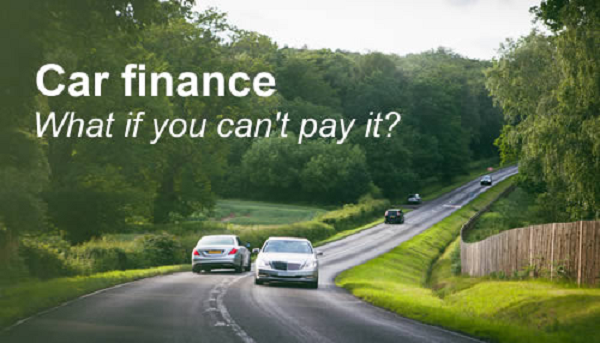
From bespoke hire purchase deals to specialist car finance with bad credit, affordable car finance is becoming more accessible all the time.
But what happens when a car finance customer runs into unexpected financial difficulties? What happens to a vehicle that has been purchased on car finance, if the borrower cannot afford to pay for it as agreed?
It’s a regrettable situation to be in, but not necessarily uncommon. It’s therefore worth knowing how and when to take action, in the event that you cannot keep up with your repayments on a car you purchased on finance.
A Question of Ownership
Recent estimates suggest that approximately 90% of all cars in the UK are purchased on some kind of finance deal. With the vast majority of finance agreements, the customer doesn’t actually take ownership of the vehicle until it has been paid for in full. This means that if you spread the costs of your new car over a period of five years, it remains the property of the lender during this five-year repayment period.
For the lender, this represents a relatively low-risk approach to offering consumer finance. This is because they retain ownership of the vehicle in the interim, and they have the right to repossess the vehicle if the customer fails to meet their repayment obligations. Hence, the car isn’t technically yours until you’ve paid for it.
Normally, missing or delaying a single repayment won’t lead to catastrophic consequences. Instead, you will most likely be contacted by your lender with a reminder, which may also detail any additional fees and penalties payable for missing the installment.
Multiple or ongoing missed payments are a different matter entirely. Upon missing a second payment, you will most likely receive a notice informing you that you have fallen into arrears, detailing how far behind you are on your payments and any penalties/levies payable. You may also receive a default notice, which gives you 14 days (or more at the discretion of the lender) to clear your debts, or face repossession of your vehicle.
It’s worth noting that if you fail to clear your arrears by the specified deadline, the lender has the right to terminate the contract immediately. At which point, they can both demand that you return the car and pay the full remaining balance you owe on the vehicle
How Are Financed Cars Repossessed?
Vehicle repossession processes are complex, costly and time-consuming. This is why the vast majority of car finance specialists would prefer to avoid repossession where possible. Instead, they’ll usually be happy to accept a modified repayment plan, or in some cases a temporary repayment break while you get your finances back in order.
When a lender chooses to go ahead with repossession proceedings, they may do so without necessarily obtaining a court order. Your rights regarding your equity in the vehicle at the time (how much of the balance you’ve already paid) will be determined by myriad factors, which is why you may wish to speak to a trained legal advisor.
The lender may take back possession of the vehicle and consider the debt resolved, or they may take the car, demand the rest of the payment outstanding and impose additional fees, such as balloon payments, late payment penalties and so on.
Early Action is Essential
Vehicle repossession can often be prevented in its entirety, simply by coming clean and consulting with your lender at the earliest possible juncture. Rather than waiting things to hit a crisis-point, it’s far better to reach a mutually-amicable agreement at the earliest possible stage.
Book your obligation-free consultation with a member of our team today to discuss any aspect of affordable car finance in more detail.